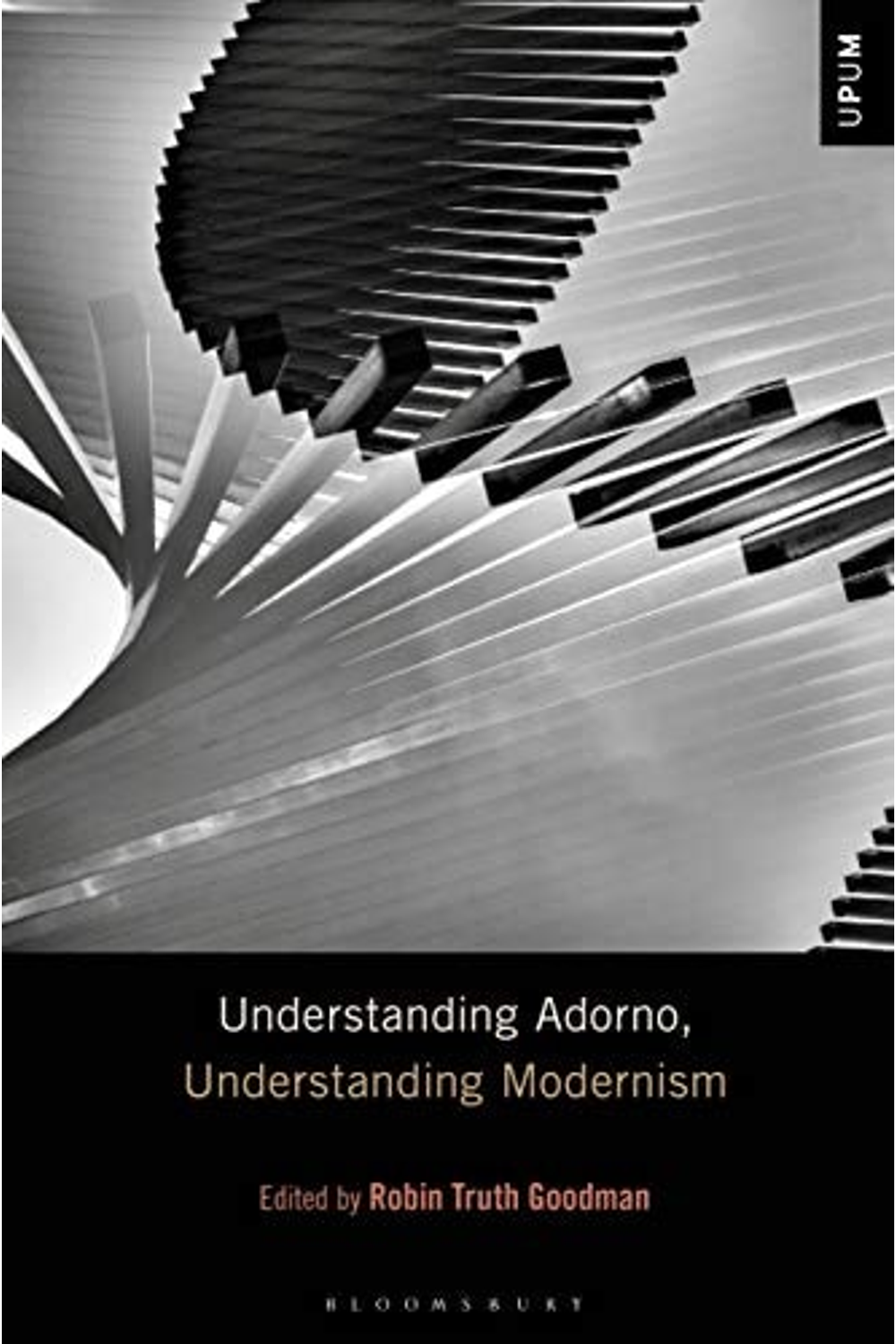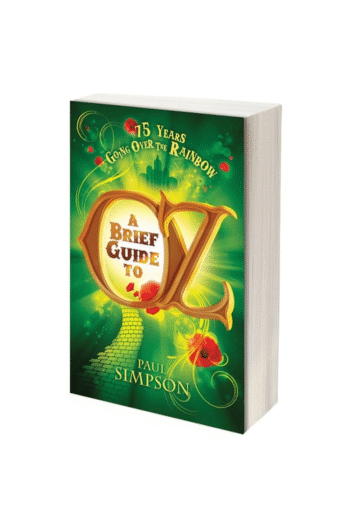Delve into the influential critical theory of Theodor Adorno with “Understanding Adorno, Understanding Modernism.” This book, published by Bloomsbury Academic, expertly navigates Adorno’s complex philosophy, exploring his profound impact on aesthetics, social theory, and the critique of modern culture. Examining Adorno’s key concepts through aesthetic terms and their impact on modernist evolution, this volume analyzes how his ideas shaped contemporary cultural politics. Discover how Adorno’s experiences following World War II led him to develop a potent critique of the culture industry and its effects on individual autonomy. Ideal for students and scholars across literature, philosophy, and cultural studies, it provides a comprehensive framework for understanding one of the 20th century’s most challenging thinkers. This book is perfect for those wanting a comprehensive understanding of Adorno. The ISBN for this hardcover edition is 9781501342950. Published in 2020, this book, part of the “Understanding Philosophy, Understanding Modernism” series, offers in-depth analysis of Adorno’s influence and legacy.
Understanding Adorno, Understanding Modernism (Understanding Philosophy, Understanding Modernism)
38,90 $
In stock
Having studied philosophy at a time when its traditions were being seriously uprooted by the atrocities of World War II, Theodor Adorno had an enormous impact on thinking about aesthetics at a transitional historical moment when the philosophy of science and leftist politics were looking for new ground. Moreover, with his focus on the rise of commercial culture and its effects on identity-construction, Adorno can be said to have reinvigorated modernist concerns by introducing the prevailing terms in our contemporary versions of cultural politics and cultural studies.
Understanding Adorno, Understanding Modernism traces Adorno’s social and aesthetic ideas as they appear and reappear in his corpus. As per other volumes in the series, this book is divided into three parts. The first, Adorno’s Keywords, is organized by the aesthetic terms around which Adorno’s philosophy circulates. The second section is devoted to Adorno and Aesthetics. While Adorno’s philosophical viewpoints influenced modernism’s evolution into the 21st century, the history of modernist aesthetics also shaped his philosophical approaches. The third and final part, Adorno’s Constellations, discusses how aesthetic form in Adorno’s thinking underlies the terms of his social analysis.
| Binding | |
|---|---|
| Condition | |
| ISBN-10 | 1501342959 |
| ISBN-13 | 9781501342950 |
| Language | |
| Pages | 296 |
| Publisher | |
| Year published | |
| Weight | 562 |
Related products
-
EMPIRE STRIKES BACK, THE
22,96 $
- Additional information
- Currencies
- USD – United States dollar
- EUR – Euro
- GBP – Pound sterling
- CNY – Chinese yuan
- BRL – Brazilian real
- MXN – Mexican peso
- JPY – Japanese yen
- PHP – Philippine peso
- THB – Thai baht
- PLN – Polish złoty
- CAD – Canadian dollar
- MYR – Malaysian ringgit
- AUD – Australian dollar
- TWD – New Taiwan dollar
- CZK – Czech koruna
- SEK – Swedish krona
- HUF – Hungarian forint
- ILS – Israeli new shekel
- CHF – Swiss franc
- HKD – Hong Kong dollar
- DKK – Danish krone
- SGD – Singapore dollar
- NOK – Norwegian krone
- NZD – New Zealand dollar





